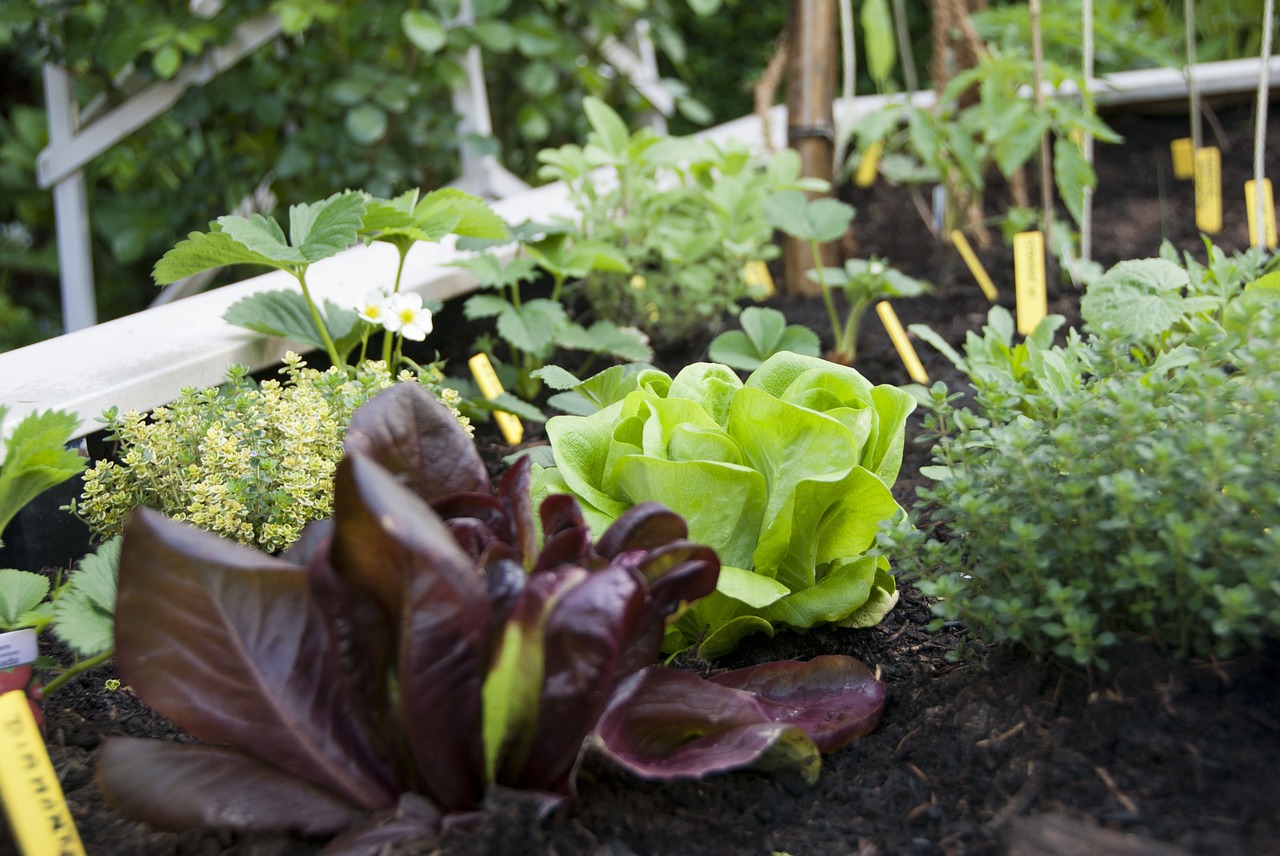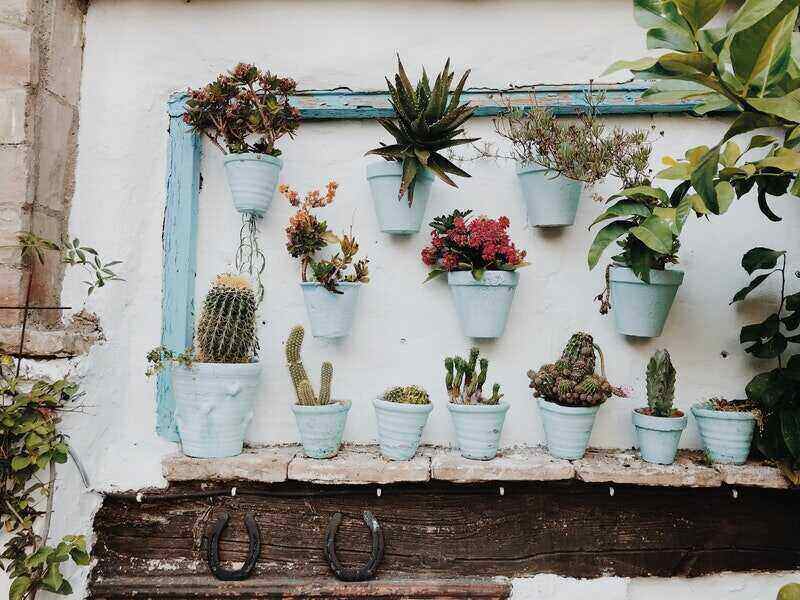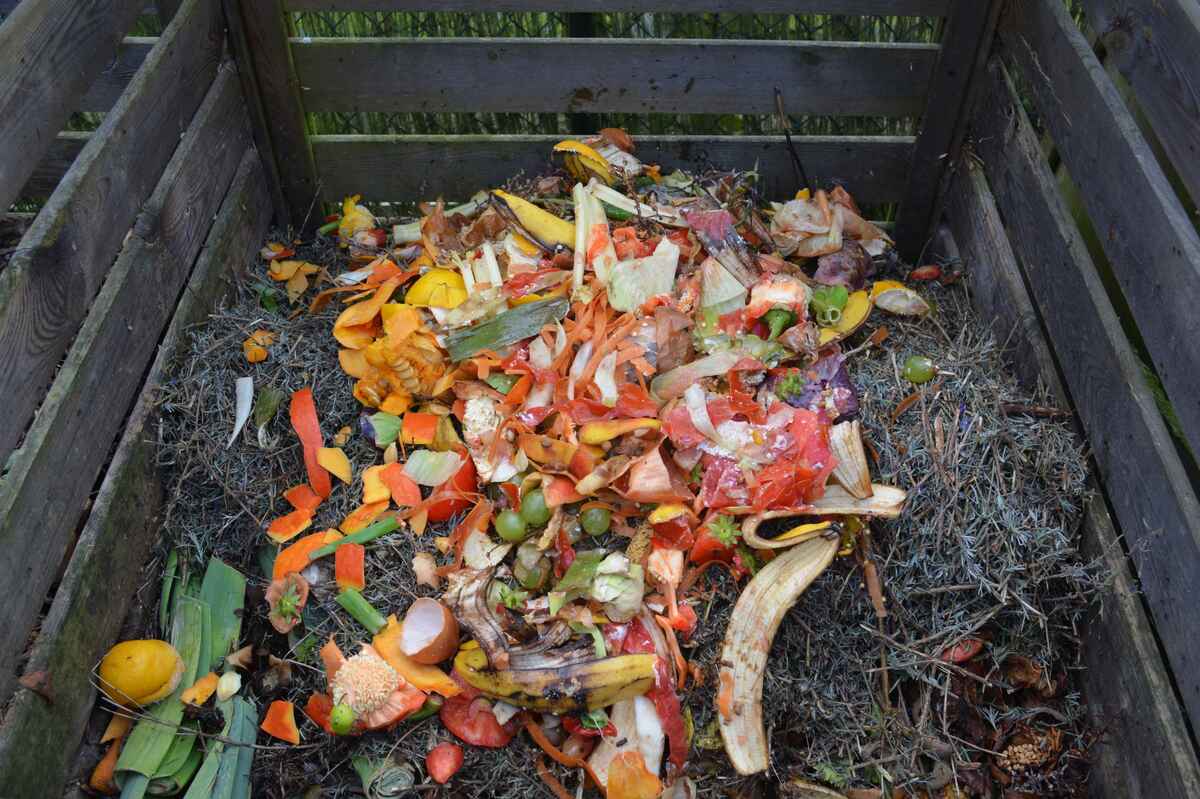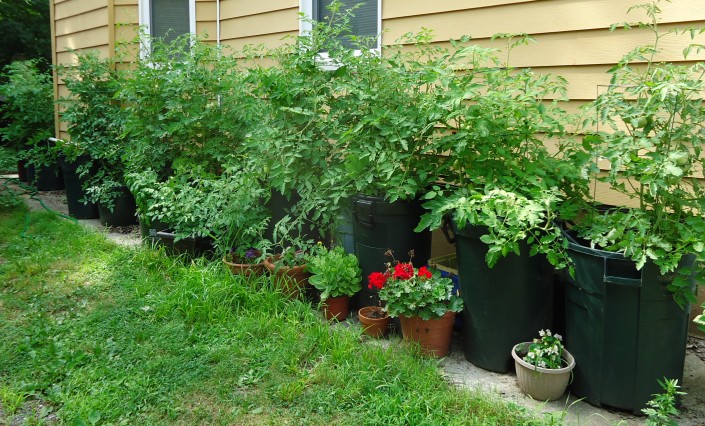
Living in the big city doesn’t mean you can’t enjoy homegrown vegetables and fresh flowers. The trick to urban gardening is learning how to plant in a small space.
Scrap the lush lawn in favor of a landscaped urban garden filled with vegetables and herbs. Don’t have a backyard? Use the small space in your front yard to plant a decorative vegetable garden. Once you learn how to plant in a small space, the world is your vegetable patch.
Benefits of Urban Gardens
You have this big beautiful lawn that you’ve worked hard to maintain. It’s become a bit of suburban ritual to mow the grass, edge the lawn, and take pride in the perfectly manicured field. So, why throw that all out for a vegetable garden?
Let’s look at the top reasons why an urban garden may be a better choice than a lawn:
Less water consumption
Lawns drink more water than vegetable gardens. An urban edible garden uses an estimated 66% less water than a lawn. A 1,000-square-foot yard flower or vegetable garden would save you over 32,000 gallons of water annually.
Smaller carbon footprint
Besides not having to use your lawn mower or weed wacker or edger, growing vegetables and fruits cuts down on carbon emissions. You’ll find yourself making fewer trips to the store for fresh food.
Keep in mind, the food you buy from the grocer often travels hundreds of miles to get from the farm to your table, especially if the produce is out of season. Think tomatoes from Mexico or blueberries from South America.
Depending on the kind of vegetables and fruits you plant, they’re also cleaning the air. Remember that plants breathe carbon dioxide and exhale oxygen. So, you’re getting fresh air along with fresh food.
Natural pest control
Even when you plant in a small space, vegetables and fruits can bring pests into the yard and onto the patio. By planting strategically, or companion planting, you can integrate pest-repelling plants into your garden, without discouraging the beneficial bugs.
For example, marigolds will deter bugs (squash bugs, tomato hornworms, and even whiteflies) around your garden. They’ll also attract the bugs that kill aphids.
Free-ish food
Growing your own lettuce, peppers, and tomatoes can save you money over time. Keep in mind you will spend a little on the soil and seedlings. You’ll also be investing time and energy into your urban garden. But it’s much cheaper to grow your own food when you consider you’ll waste a lot less.
Growing your own saves you refrigerator space, too. Need a tomato or cucumber? Just go outside and pluck one.
Landscaping and Urban Gardens
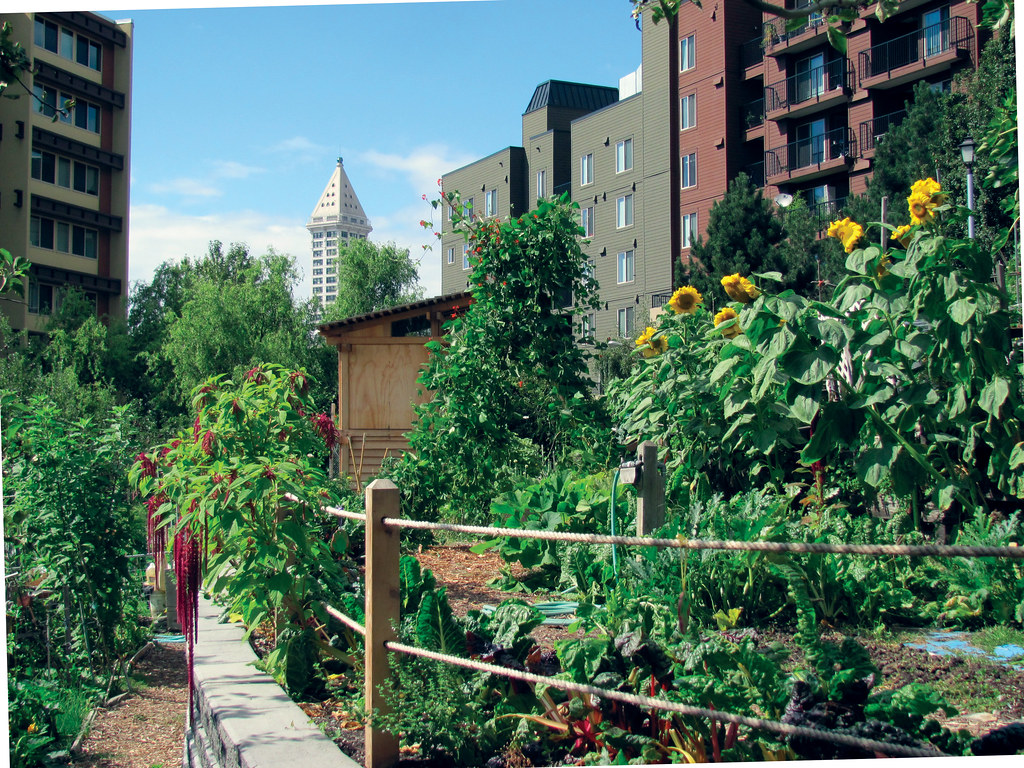
A yard full of various fruits and vegetables, all competing for sun and soil, doesn’t have to look ghastly. Not if you landscape it properly.
You can have more fun landscaping with an urban garden than a lawn. Think about it, some large river rocks here and an irrigation stream there. Garden bed stairs mixed with some ornamental grasses for those shade-loving veggies, or even some fruit trees to give a leisure area some shade.
You could add a system to collect rainwater if your property is prone to pooling or flooding.
No Yard? How to Plant in a Smaller Space
What if you live in an apartment? A balcony garden can turn plain concrete into a green oasis. Don’t want to cover the entire balcony or patio? Consider a verticle garden.
Vertical gardening
Take a cue from the city itself. When you can’t build wide, build up. Vertical gardens offer interesting decorative ideas and certainly help with those winter blues.
Window boxes
You’d be surprised what you can grow in a window box. Set it up based on themes of meals you like most. An Italian box with oregano, basil, and tomatoes. Why not?
Pots and shelves
If you’re lucky enough to get a lot of light in your apartment or tiny home, try putting up some shelves in full sun areas or pots on the floor. Just like window boxes, you’d be amazed at how much you can grow and how it can become part of your interior design.
Plant Small, Think Big
Urban gardens can be intimidating. Many of us grow up seeing lawn care and yard work as a must-have and must-do.
You’re not obligated to have grass in your front or backyard. You can landscape an urban garden, grow vegetables, fruits, herbs, whatever you like. You can also build up, build-out, or build your urban garden however you can. And if all of that feels intimidating, call a local landscaping pro to design and install your garden for you.
Main Photo Credit: Tomwsulcer / Wikimedia Commons / CC0
